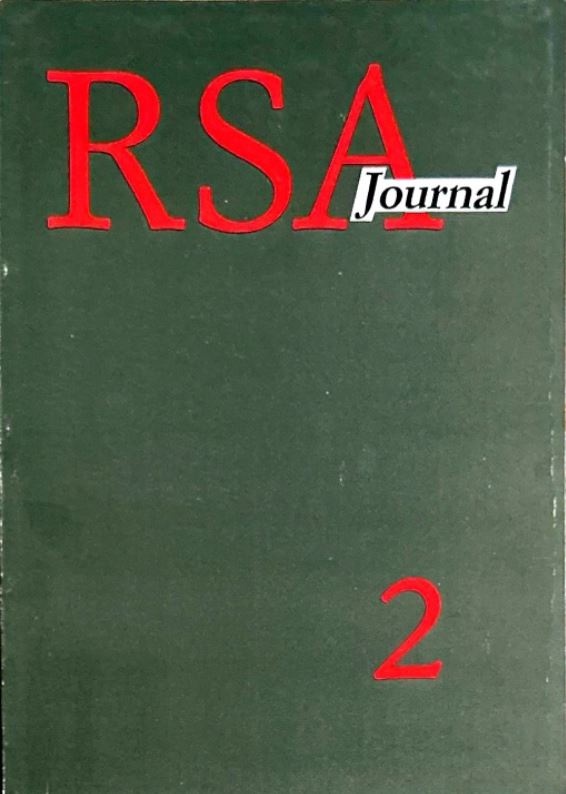“Inesprimere l'esprimibile”
Tre romanzi americani del 1925
DOI:
https://doi.org/10.13135/1592-4467/8990Parole chiave:
America, modernism, Theodore Dreiser, F. Scott Fitzgerald, John Dos PassosAbstract
The simultaneous apparition in 1925 of such different works as Dreiser's An American Tragedy, Fitzgerald's The Great Gatsby and Dos Passos' Manhattan Transfer is the starting point for a contrastive analysis within the more general issue of the relationship between America and Modernism. Dreiser's omniscient author, Fitzgerald's Jamesian "reflector" and Dos Passos' ellipses and collages are obviously quite different narrative strategies. However, the three novels do share common themes and techniques—from the relevance of glance and other visual elements to the cinematic montage to the creation of a "scapegoat-hero": in different ways, they may be seen as following (ante litteram) Roland Barthes' prescription for modern poetry and prose, that is, not to express what could be easily expressed.
##submission.downloads##
Pubblicato
Fascicolo
Sezione
Licenza
RSAJournal applicherà una licenza CC BY 4.0 a tutti i suoi contributi a partire dal numero 37 (2026). Le pubblicazioni precedenti sono regolate dalla licenza CC BY-NC-ND.



